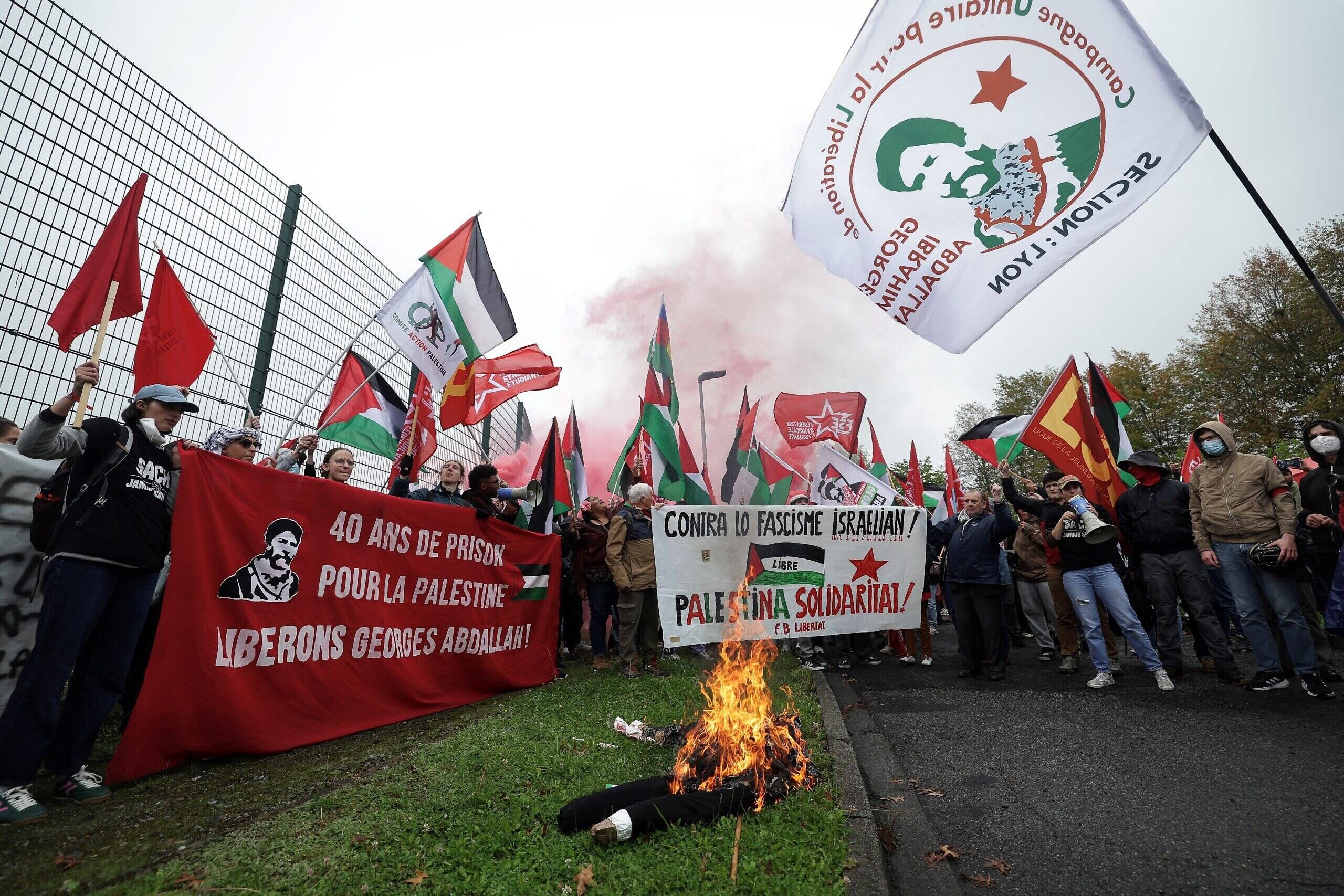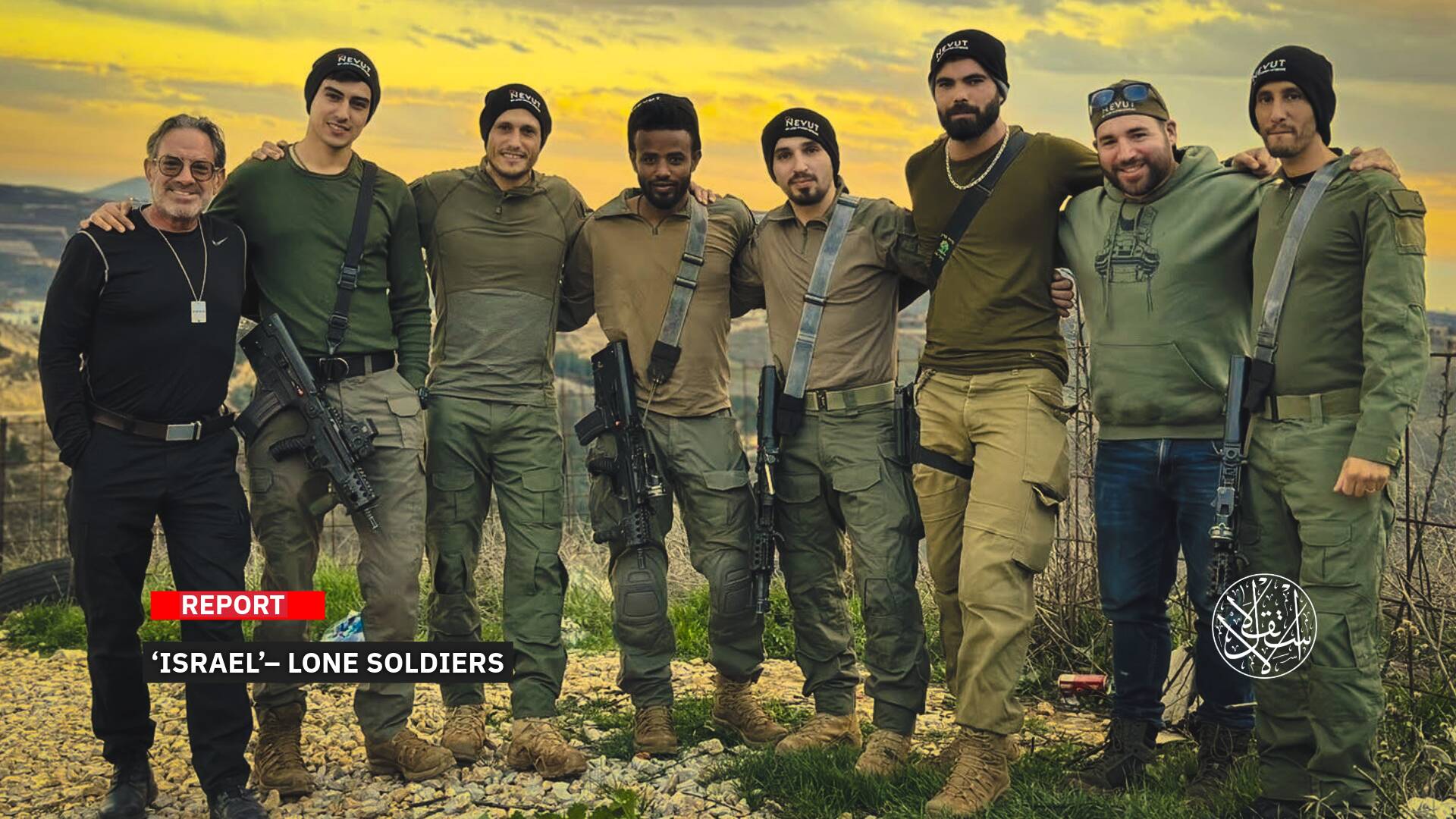The Day on Which Hitler Lost the Second World War

The Spanish newspaper “El País” highlighted the 80th anniversary of the beginning of the end of the “Nazi regime”, specifically, the decision to invade the Soviet Union, which falls on June 22, 1941.
The newspaper said that Nazi dictator Adolf Hitler lost “World War II” in the early morning from the day he ordered German forces to invade the Soviet Union, 80 years ago.
In particular, “Operation Barbarossa”, Ratio “Emperor Frederick I”, made the defeat of Nazism inevitable, although the war reached an unprecedented level of brutality, the aim of the Third German Empire (Third Reich) was not to defeat its enemies, but to exterminate them.
The newspaper pointed out that the remaining four years of the conflict were among the bloodiest in history, not only on the front lines, but also in the back lines, because at that time the systematic killing of European Jews began.
Hitler's Illusions
“El País” reported that Hitler believed in his racist illusion, that he would be able to subjugate the country which he considered to be inhabited by the “subhumans” or (Untermenchen) within weeks, as happened with Poland or France or the Netherlands.
For his part, the Soviet dictator, Joseph Stalin, who does not trust one of the merciless perpetrators of mass massacres, blindly believes that Germany will not break the non-aggression pact that was signed two years ago.

Meanwhile, Hitler did not know how to estimate the enormity of the Soviet space, nor its industrial capacity, nor the hundreds of thousands of new soldiers who were sent to fight from across the borders of the Soviet Union.
In answering the question, “Has the invasion decided Germany's fate?”, the newspaper pointed out that British military historian Antony Beevor, a leading expert on conflicts, author of works such as “Stalingrad or Berlin”; He stated that the fall of the Nazi regime was almost certain.
By an email, the expert explains to “El País” that “this defeat was almost certain, because Hitler did not learn the lessons of the defeat of Napoleon in 1812”.
But privately, Hitler has not benefited at all from the Sino-Japanese war since 1937, despite the fact that the Chinese nationalist leader Chiang Kai-shek had German advisors.
He continued: “If the defending army has a huge plot of land to retreat to, no matter how poorly armed and trained; The attacking army loses all his advantages, regardless of the quality of its training or arming”.
The newspaper pointed out that Hitler's hope of achieving victory consisted in turning the invasion of the Soviet Union into another civil war, by creating an army of one million Ukrainians and other anti-Soviet people.
But he refused to let the “subhumans” or (Untermenchen) wear German uniforms, in principle.
New History
The newspaper noted that the latest book by British historian Jonathan Dimbleby, which was published in April 2021, makes everything clear from the title: “Barbarossa... How did Hitler lose the war?”.
In this issue, Dimbleby wrote: “Hitler's invasion of the Soviet Union was the largest, bloodiest and most brutal military project in history”.
He added: “When his armies reached the gates of Moscow in less than 6 months, any possibility Hitler set to realize his illusory vision of the 1,000-year Reich had already vanished”.
The newspaper reported that all the numbers related to “Operation Barbarossa” are horrific: “At 3.15 am Berlin time, the German army opened a 2,600-kilometre front, in cooperation with its Italian and Romanian allies”.
A total of 3 million soldiers (148 divisions, 80 percent of whom were from the German army) took part in an offensive supported by about 600,000 horses and 600,000 chariots.
In this context, the newspaper quoted American historian Peter Fritsch, Professor Emeritus at the University of Illinois and author of such reference works as “Life and Death in the Third Reich” states that: “It should not be forgotten that the German invasion was essentially a horse-based operation”.
Here, when the weather in Russia impeded the invading army, reliance on horses was crucial.
The newspaper indicated that the progress was quick and ruthless, and in this context, Beevor recounted in his book, “World War II”, the cavalry unit was proud to have killed 200 enemy soldiers in combat, and 13,788 civilians behind the battle fronts.
But as the summer progressed, the resistance became more intense at the front, the guerrilla attacks doubled behind the fronts.
The newspaper pointed out that Nazi brutality unleashed a Soviet response, but also to a desperate struggle for survival.
Three million Soviet prisoners of war died at the hands of the Nazis, one million of them died in 1941, most of them starving.
Given this possibility, and besides the omnipresent political commissars in the Red Army, fighting was almost the only way to get a chance, no matter how small, to get out alive.
In the fall, German supplies began to be cut off from tens of thousands of soldiers, their horses and chariots were trapped in the mud, the newspaper reported.
With the advent of the Russian winter, part of the German weapons was out of order, while the soldiers did not have clothes suitable for the temperatures in Siberia, as Hitler believed that the attack would take only several weeks, he did not plan to provide his army with the necessary equipment for the winter, especially as Soviet soldiers did.
Overall, the failure to take control of Moscow meant the point of no return in attack and war.
Although Nazi forces did launch units dedicated exclusively to killing civilians, but with Operation Barbarossa, the extermination of European Jews entered a new phase.
In this sense, Peter Fritsch states that “the advance of the attack was immediately accompanied by murderous attacks on Jewish communities, including horrific massacres that the Germans tried to instigate using the local population”.
By the New Year's Day 1941, about one million Jews had been killed, the majority of them in the Soviet Union, and in 1942, gas chambers began operating to exterminate these communities, the newspaper reported.
In this context, Jonathan Dimbleby wrote: “It is a shocking irony, it was the most heinous crime of the twentieth century."











